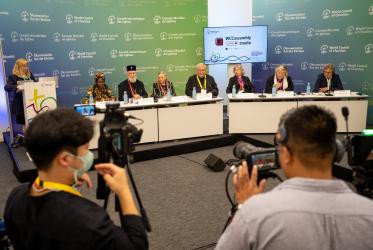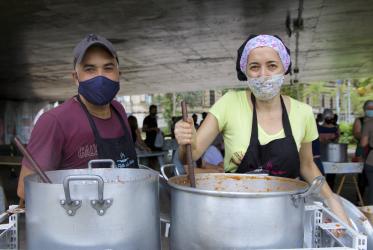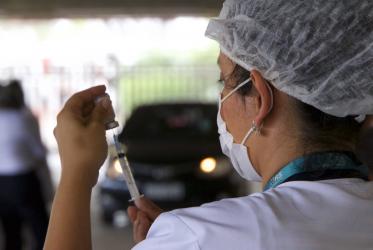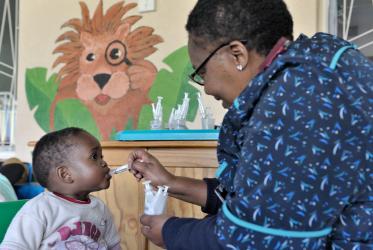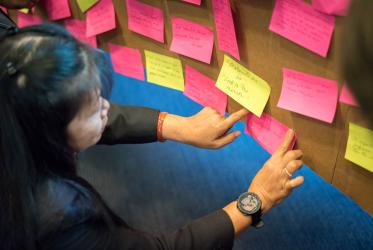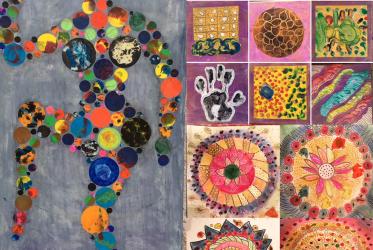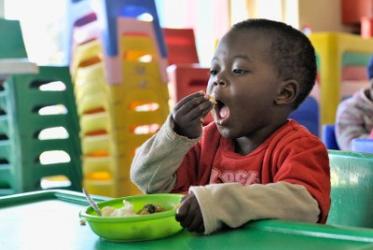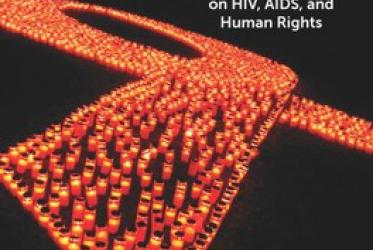Displaying 1 - 20 of 27
HIV and AIDS Civil Society Networks and the Faith Sector
Lessons Learnt from Strategic Engagement in India, Dominican Republic, Indonesia, and Jamaica
31 January 2023
Webinar: Sustainable food systems to overcome hunger
08 October 2021
Dialogue addresses improving HIV testing and treatment for children
10 December 2018
Working toward an AIDS-free generation
26 July 2018
World AIDS Day 2017 - prayer service, exhibition, panel discussion
01 December 2017
Ecumenical Centre, Geneva
Kenya: Voice of faith communities crucial in overcoming HIV
14 October 2016
WCC book featured in UN discussion on gender, religions and health
16 September 2016

